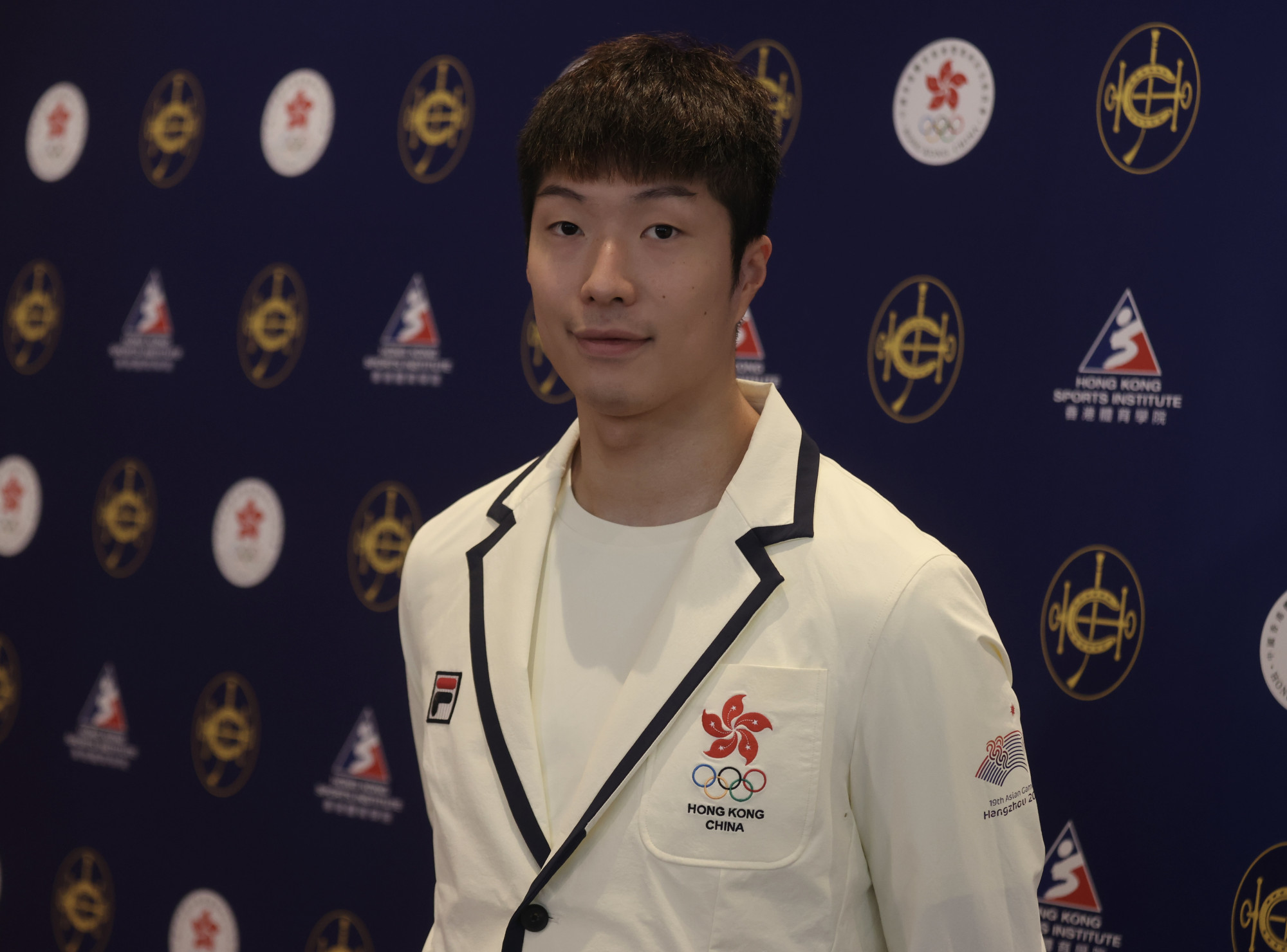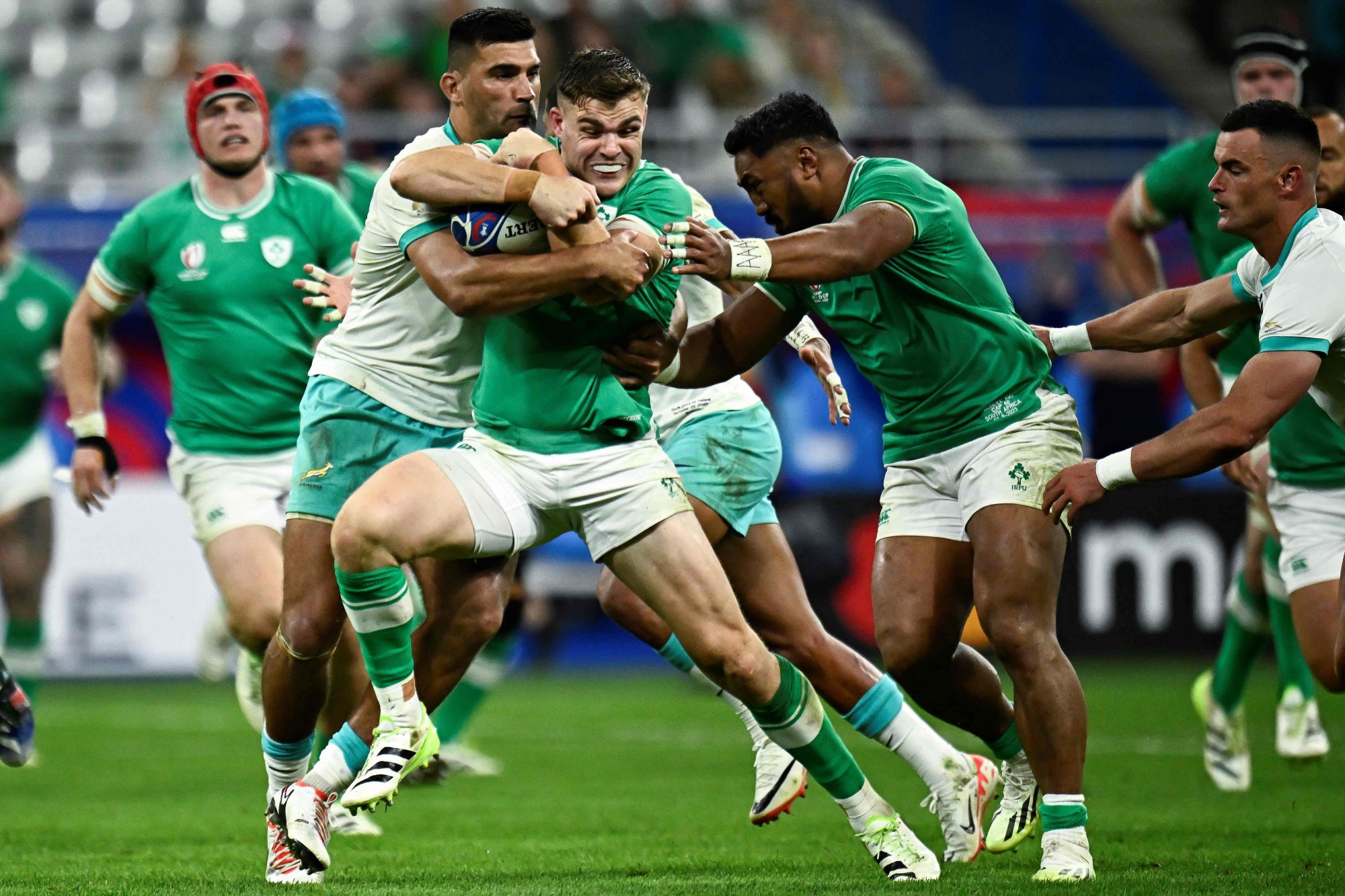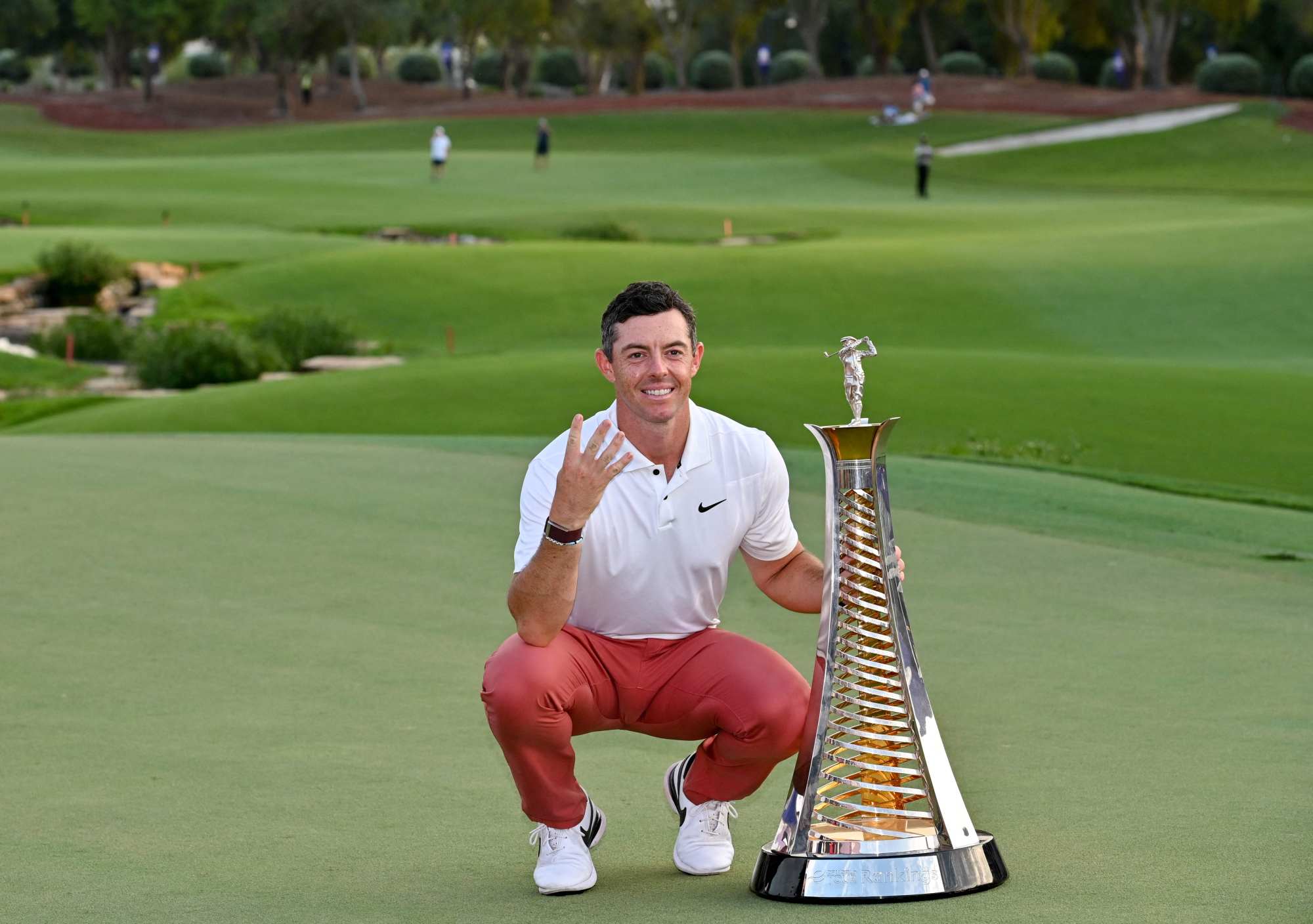
Ireland’s sporting tradition is lesson for Hong Kong, says boss of city’s athletes as he warns: you can’t buy Olympic success
- Hong Kong needs a deeper change if it is to aim higher, says Sports Institute CEO Tony Choi, pointing out Ireland’s feats with a smaller population
- Public cash won’t guarantee medals at Paris Olympics, Choi warns, but he denies the system is too soft
Hong Kong cannot simply buy athletic success and should promote the kind of sporting culture found in places such as Ireland in the hope of punching above its weight globally.
That view formed part of the vision outlined this week by the new Hong Kong Sports Institute (HKSI) chief executive Tony Choi Yuk-kwan as the city builds towards this year’s Paris Olympics.
He insisted oversight of taxpayer-funded athletes was robust, and cautioned that the institute’s task was not as straightforward as turning money into gold.
Choi defended the government’s system for assessing each sport’s funding need, with the public sums committed growing by the year as more athletes make the grade and some sports receiving stays of execution despite missing targets, albeit with the pandemic in mitigation.
“If they don’t get the medals at major Games, or qualification … they’ll be out,” Choi said. “[Whether you think it is] too nice or too hard is another issue. The policy can be refined, discussed, but I have to say, the consequence is there. If they don’t meet the benchmark, they will take the consequences. It has happened before.”

One problem with Hong Kong’s outsized haul at the Tokyo Olympics was how to follow it in Paris. Cheung Ka-long’s gold in fencing and Siobhan Haughey’s brace of swimming silvers were the pick of the city’s unprecedented half-dozen medals.
Choi points to the lack of a consistent trend on which to base Olympic predictions: 1996 brought one medal, 2000 none, 2004 one, 2008 none, 2012 one, 2016 none – then the stellar six in 2021.
“It’s like education: more money does not mean better results,” he said. “It depends on talent and timing.
“Sport bringing glory to Hong Kong is not only medals but the whole package. We want better results but we need to be realistic.
“I think Hong Kong’s results are really superb, outstanding for a small region. There are about 206 national Olympic committees. Around 37 per cent, I think, never win medals and over 50 per cent never win a gold. We should be proud.
“Of course we’ll aim a little bit up. But it’s not one plus one. It’s not, ‘How much budget do you want, I want another two gold medals.’ There’s no guarantee.”
Hitting Tokyo’s heights or loftier ones regularly is not a matter of hard cash but relies on sport gaining currency in Hong Kong more broadly, Choi believes. He suggests that is shaped in part by society, and cites the example of Ireland.

Whereas Hong Kong, a sporting minnow, is home to almost 7.5 million people, the entire island of Ireland has 7 million. The Republic and Northern Ireland have each made it to football’s World Cup finals, the united Ireland rugby team have been ranked world No 1, and the island has produced world-class boxers, golfers, runners and cyclists.
“We have to continue to build our sports culture,” Choi said. “You see Ireland – the population is less, but with their culture … they are doing really well. In Hong Kong we need a sports culture, it’s very important for the long term.”
He argued that a shift was already occurring.
“Elite athletes are the front-runners. Five, 10 years ago, there were not many fencing academies. Now there are, because [Cheung] got a gold medal.
“We need more youth development to get that sports culture, get more people into elite training. Hong Kong people 20 years ago did not think of sport as a career. The last five to eight years, that has slightly changed. We have more than 500 full-time athletes.
“We have to build up the base, the culture. When people see athletes, they can see sport as a career path.”

Choi also addressed the secrecy of the institute’s review of last year’s Asian Games, saying it related partly to scope, with not all of the 681 athletes sent to Hangzhou falling under the HKSI system.
“Our consultations are only with our scholarship athletes, about 300,” he said. “We ask whether we can make refinements, such as coaching support, overseas training – more or less.
“At the past few Games, athletes’ feedback was for more sports medicine support, masseuses, physios, so we’ve put more into that, and into coaching. Before, there was a coach for every six to eight athletes; now it’s one per every four to six.”

